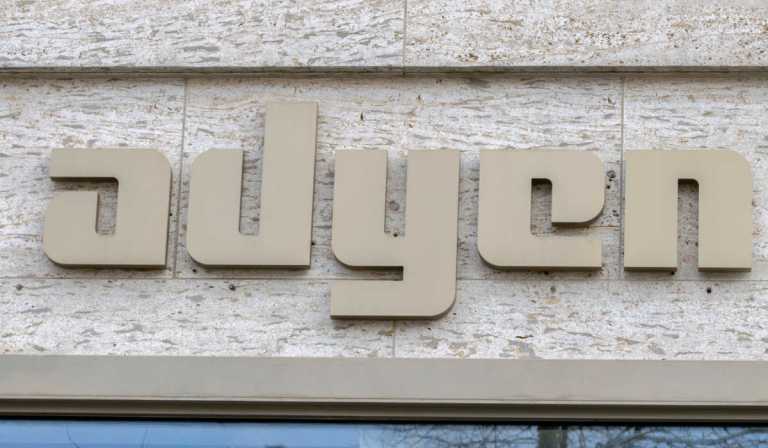Adyen Takes Integrated Payments Platform to Japanese Merchants

Adyen has launched its unified commerce solution in Japan.
In a Tuesday (Dec. 13) press release announcing the launch, Adyen reported that when it surveyed Japanese businesses earlier this year, only 16% said that their payments system is connected to other parts of the organization, such as operations, supply chain management or inventory management.
Adyen’s concept of “unified commerce” is intended to address that challenge by providing a payment platform that connects different online and offline sales channels.
“This isn’t simply about digitization or going cashless. It’s about being fast, flexible and building for growth,” said Roelant Prins, chief commercial officer at Adyen.
“Very few platforms in Japan can centrally merge payments data from stores and eCommerce sites, and none [can] do it on a global scale,” he added.
As one of the biggest players in Europe’s payments market, in recent years Adyen has been working to expand its global footprint beyond its core markets.
For example, in October, the company launched its unified commerce platform in Mexico.
In an interview with PYMNTS’ Karen Webster, Adyen’s North America President Brian Dammeir said that unified commerce can help deliver a better customer experience.
“Whether it’s via an app, in person, a terminal, a card, what have you, merchants are realizing that they’re going to need to offer all those flows because different consumers are going to be expecting different things,” he said.
As payment systems evolve, Dammeir said that Adyen is advising its clients that even in-store, “the traditional till is just going to go away.”
In its place, more dynamic systems that borrow elements from eCommerce are growing to replace old-school in-store payment technologies. Dammeir noted that online merchants increasingly look to the in-store experience for inspiration.
“The way we look at the evolution of the next five to 10 years is that the distinction between digital eCommerce and in-person interactions is starting to gray and frankly is probably going to eliminate over time,” he said.
For all PYMNTS EMEA coverage, subscribe to the daily EMEA Newsletter.